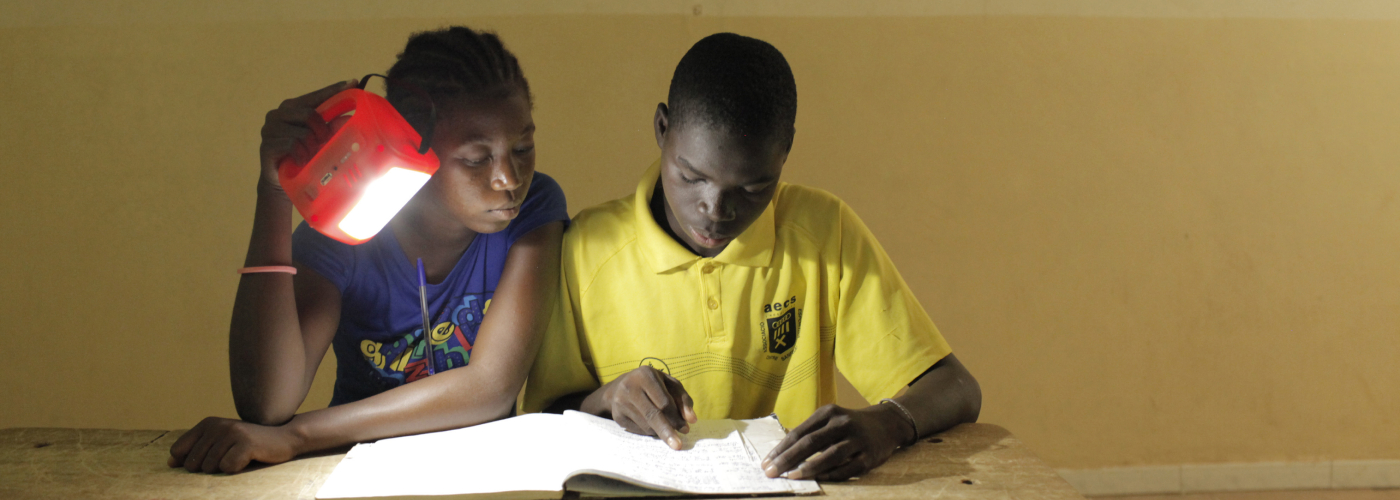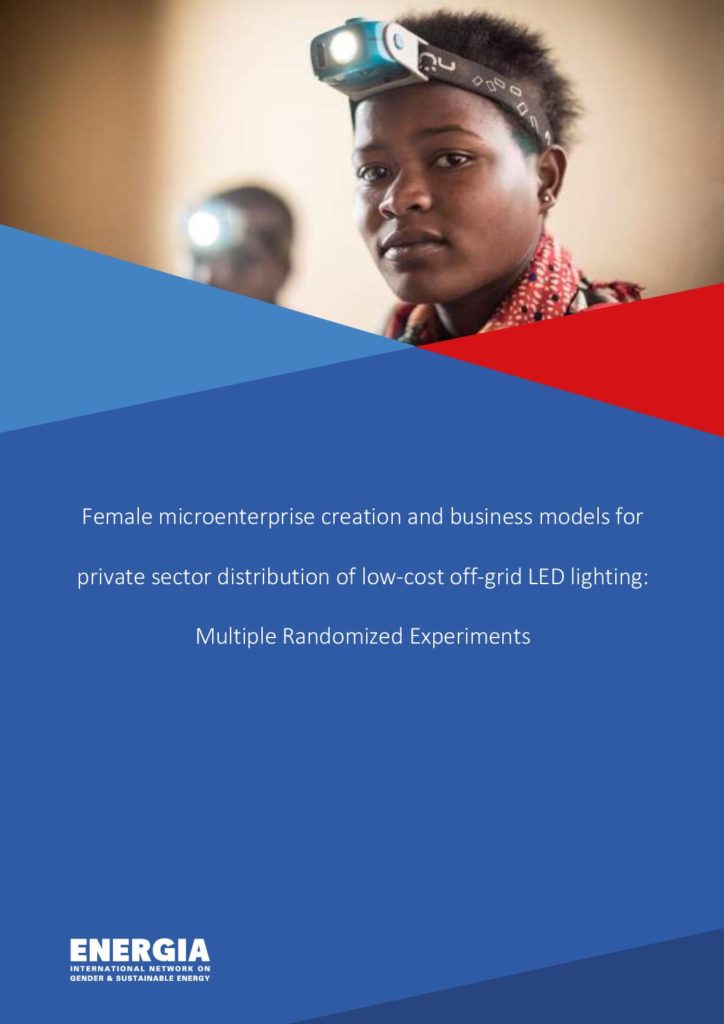This research, which forms part of a greater research project, merges the above themes of energy, gender, and poverty. It studies how such inequalities can be overcome by bringing women to the forefront in the establishment of village level enterprises that distribute and recharge LED lights to rural poor households that are not on Rwanda’s national electricity grid. We specifically consider the role of gender quota assignment in Village-Level Enterprises to ensure access for potential female entrepreneurs and study the impacts this has on business level outcomes as well as household outcomes such as
income, expenditure and girls’ aspirations. These empowerment interventions are evaluated through a large-scale RCT. Economic experiments with village level entrepreneurs (VLEs) are also conducted to assess how competitiveness and risk behaviour differ across gender groups, and the impacts of such differences on the successfulness of VLE groups. The viability of enterprises offering clean, renewable energy products may be limited by the pricing of such products and the financing mechanisms available to end users. Through the village level enterprises that we will be studying, we will also investigate the optimisation of different business models through a number of carefully designed financial and behavioural interventions. Lastly, we look at the gender and welfare impact of tier 1 energy access (as defined by SEA4All, 2013) on poor rural households in off-grid areas, focusing on the implications of improved lighting to men and boys versus women and girls.








